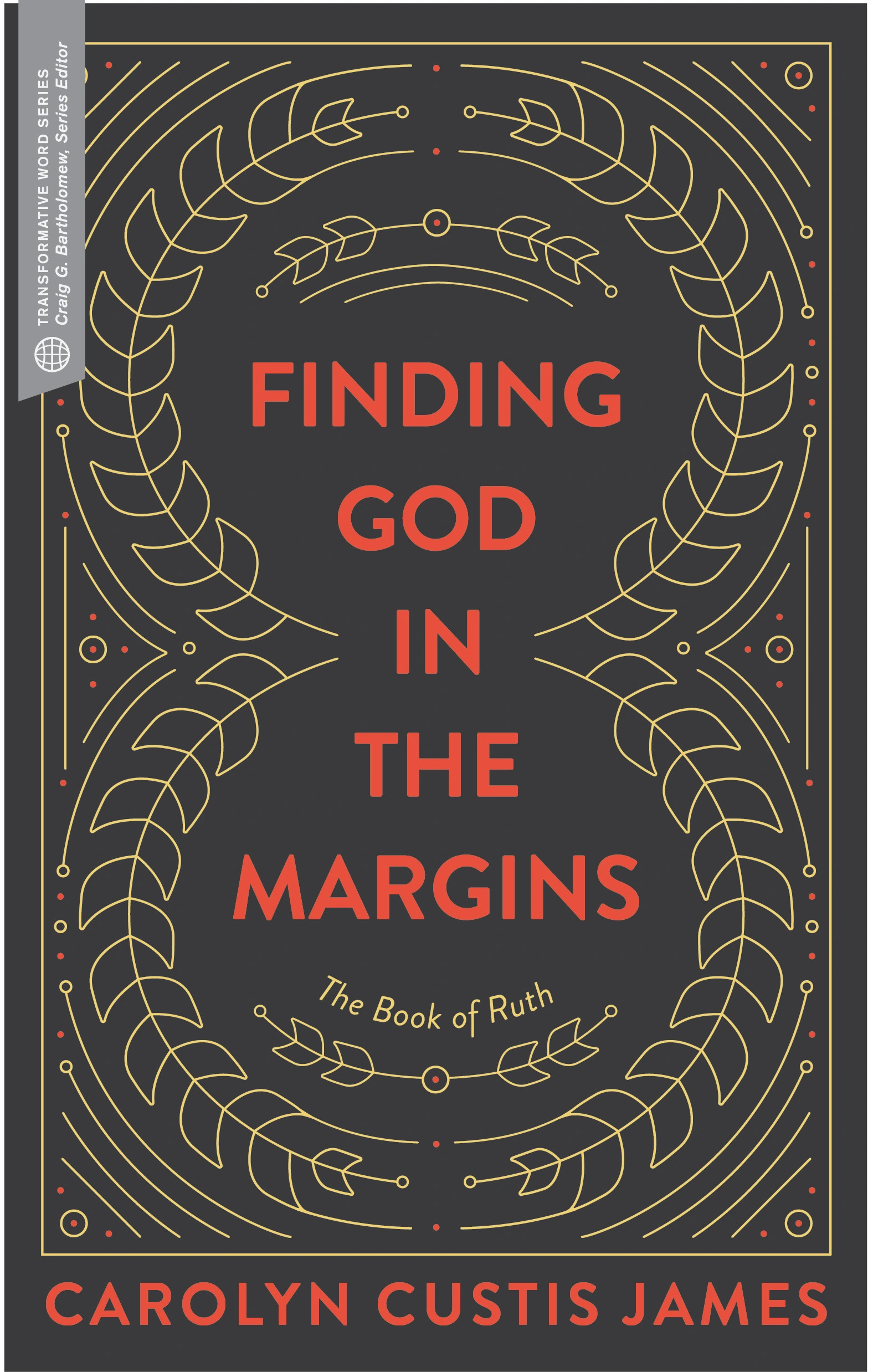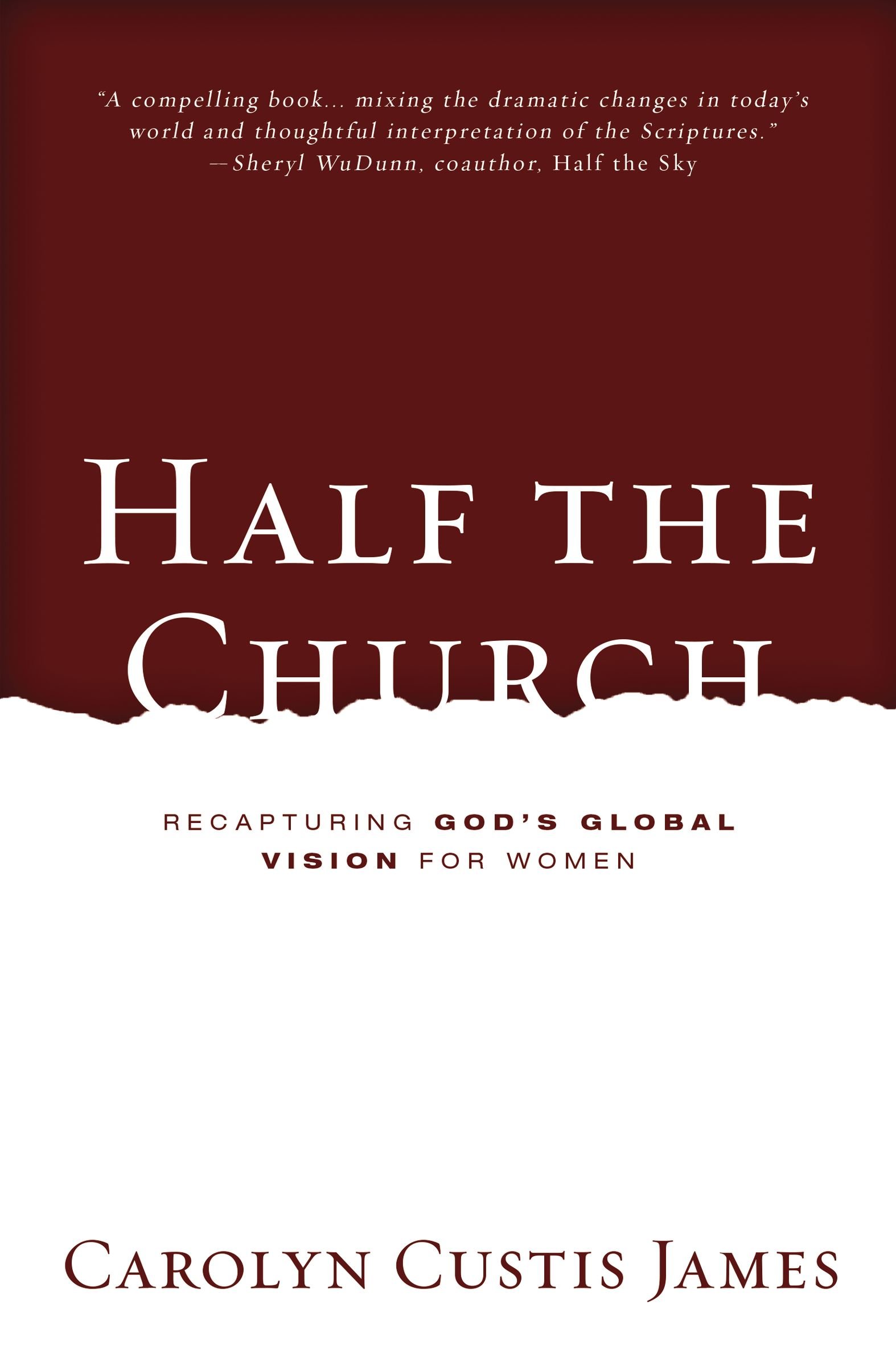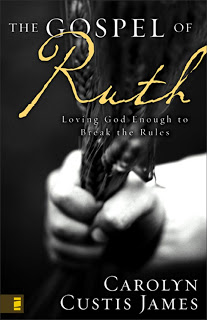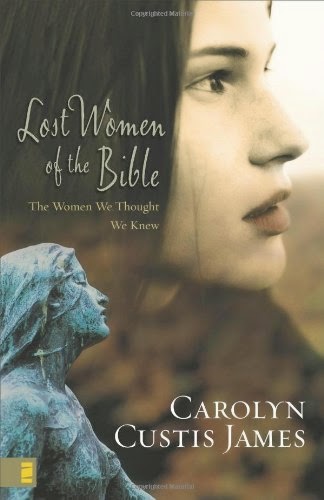This Pantene ad is causing quite a stir by exposing the problem of gender labels in a brief one-minute video that has gone viral. So far over 20 million views and counting.
Clearly the ad’s message hits a nerve. There’s no getting around the double standard that, as the video illustrates, labels a male executive as “boss” and a female executive as “bossy” when they’re doing the same thing. The ad adds fuel to the flame when it depicts a family man burning the midnight oil as “dedicated,” but the mom working late as “selfish.”
Blogger response has been mixed. Some applaud the ads for drawing attention to a problem that is still very real. Others are critical—saying such things as this kind of thinking is “playing the victim” and that “we got over this a long time ago.” Another objected that the concluding message “Be Strong and Shine” falls short and “resonates with a wider cultural trend in which feminist empowerment has been conflated with individual gain within a patriarchal system, not a collective effort to end patriarchy once and for all.”
The subject of gender labeling came up in “Success and Likability” which was part of my blog series a few months ago on Sheryl Sandberg’s book, Lean In. It isn’t just a problem in the secular working environment. It is all too common in Christian circles too. What is more—and will no doubt come as a surprise to many—gender labels can and do impact biblical intepretation.
Currently, I’m working on my next book which focuses on men. Part of that project involves revisiting the narrative of Deborah, Barak, and Jael.
As the story goes, God has made Deborah a prophetess and judge who is leading Israel. As a prophetess, she summons her military general, Barak, to lead 10,000 Israelites volunteers in battle against their Canaanite oppressors—the evil King Jaban and his henchman, Sisera. Israel has faced enemies before, but this time Deborah and Barak are out-manned and out-gunned by Sisera, an intimidating and vicious enemy who has “cruelly oppressed” the Israelites for 20 long years and is armed to the teeth with the latest military technology—900 iron chariots.
Barak hesitates to go into battle against such an overpowering foe. In the final analysis, he declares that he won’t go unless Deborah goes too. As a result, Barak forfeits the ultimate victory as God hands Sisera over to a woman—Jael. She assassinates Sisera with a deceptive outlay of Ancient Near Eastern hospitality, a hammer, and a tent peg which she deftly drives through the sleeping general’s skull.
Gender labels fly in the commentaries and stick to all three major characters.
Interpreters diminish Deborah by labeling her a “punishment” on the men who are failing to lead. They argue that if the men (especially Barak) had only acted like “real men,” God would not have been stuck with defaulting to a woman. One commentary even criticized her for “singing too much about herself,” although I’ve never heard anyone lodge that criticism against King David.
Barak is called “spineless” and a “coward” for exhibiting “childish behavior” and “over-dependence” on Deborah. Jael is labeled “treacherous,” “subversive to her husband” (which admittedly is true, but she was subversive for the glory of God!), and a “violator of traditional hospitality.” She’s even suspected of sexually enticing Sisera into her tent.
Sadly, the labels have informed our views of Deborah, Barak, and Jael and leave us drawing some rather superficial and misguided conclusions. Those labels never appear in the Bible, but come instead from gender biases superimposed on the text. To the contrary, scripture maintains an exceedingly high view of all three individuals and of their conduct in this story.
Deborah comes off as one of the strongest and profoundly theological of Israel’s judges. She is compared to Moses (who settled disputes among the people) and Samuel (who was a judge who also didn’t lead the charge in battle). Barak is named in Hebrews 11 as a great man of faith and praised for defeating Sisera’s iron-clad army. Both Deborah and Barak join in singing of Jael as though she was the Virgin Mary. “Most blessed of women be Jael” (Judges 5:24).
I love digging into this text. It’s richer and deeper than I’ve ever heard it taught, and I’ll have plenty more to say when I finish the full chapter. But whether the labels surface in a television commercial gone viral, the workplace, the church, or in the interpretation of holy scripture, we all need to be on guard of being distracted from seeing what is really there and giving credit where credit is due.















I am sure looking forward to your book!
LikeLike
Well carolyn, you certainly made some good points. Thank you. Sometimes I think we need to actually hear things expressed or see them in black and white to help us untangle all the cob webs. And the gender issue does seem to be somewhat entangled.
LikeLike
Wow! Looking forward to this new book…
LikeLike
Carolyn, I've noticed the same bias when I've studied women in the Bible. It is like the commentators never read the Scriptural account. They only relayed a biased view.
I have wondered why the author of Hebrews under the direction of the Holy Spirit listed Barak and not Deborah. Do you have any thoughts on that?
LikeLike
I cannot wait: Deborah & Jael are (oft under-rated and) obviously misunderstood heroes of mine.
Thanks!
LikeLike
I was named after Deborah and have always loved her story. Her husband (if she was married) deserves some credit, too. Apparently he was ok with Deborah being famous while we don't even know if he existed, and he was ok with Deborah working outside the home and going into harm's way at the side of another man–all to follow God's plan.
LikeLike
Carl armerding does a great commentary on the book of judges…have you seen it?
LikeLike
I always felt it very strange when I would hear sermons on this story. They seemed to emphasize the incompetence of Barak and how humiliating it was for a woman to both lead in battle (Deborah) and claim the victory (Jael). It seemed to me more a story like so many other's of the Scriptures. God uses those who make themselves servants to His greater glory without discrimination,man, woman, or child.
LikeLike